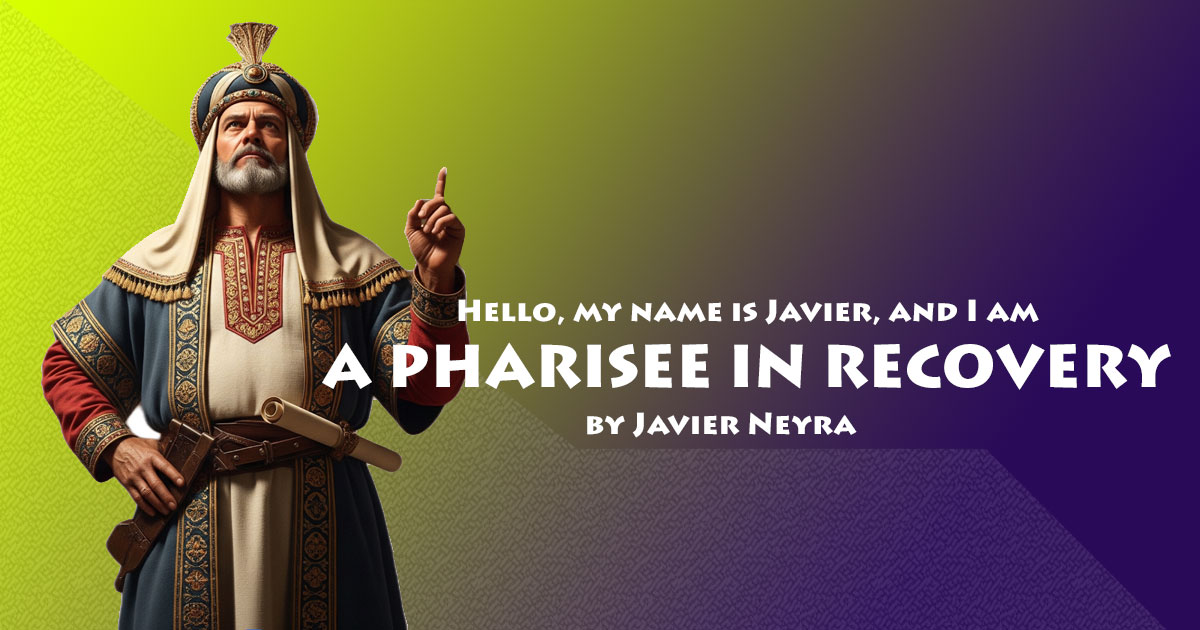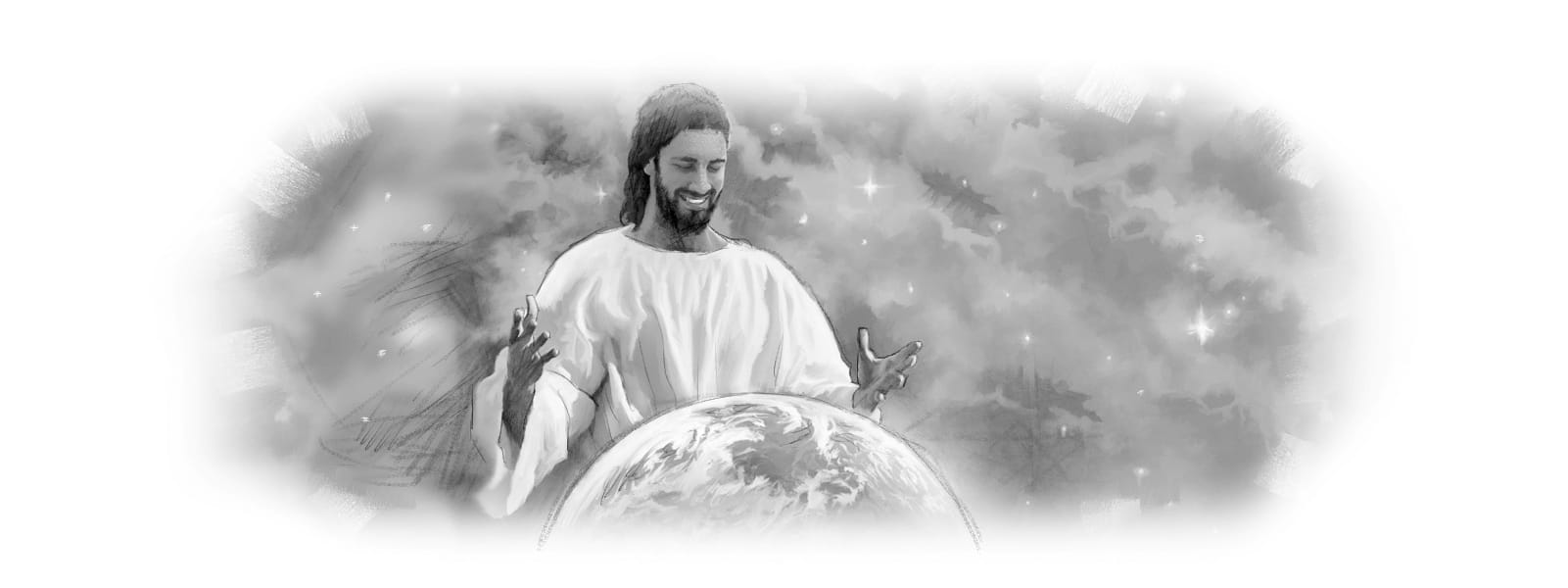
by Javier Neyra | 13 February 2026 | By a Christian still learning to see as Jesus sees I confess (smiling a little nervously) that I am a Pharisee in recovery. I don’t wear a badge, nor do I attend meetings where we sit in a circle and introduce ourselves. But I probably should. For […] Source: https://atoday.org/hello-my-name-is-javier-i-am-a-pharisee-in-recovery/



